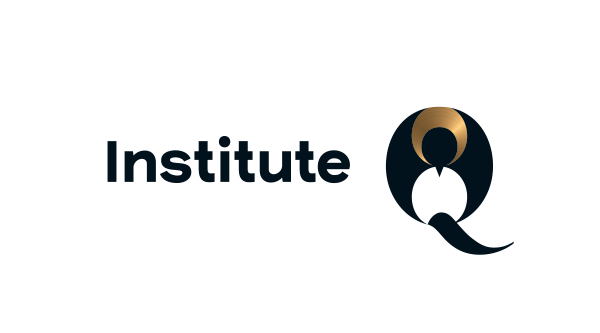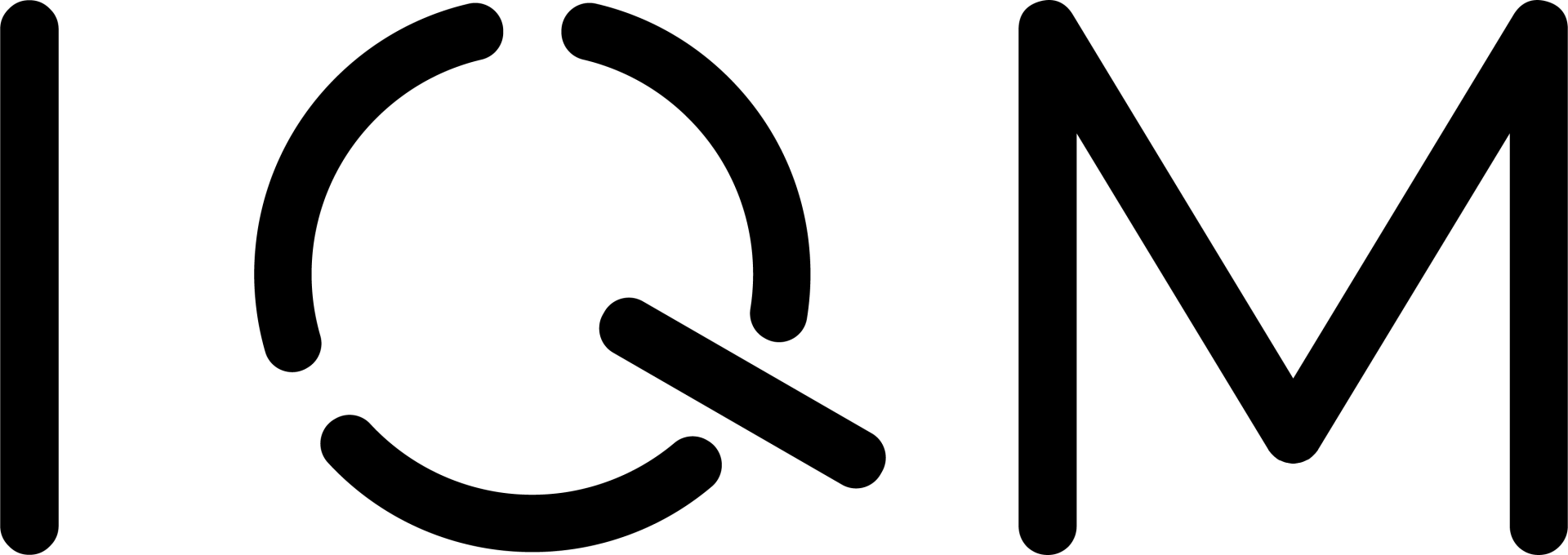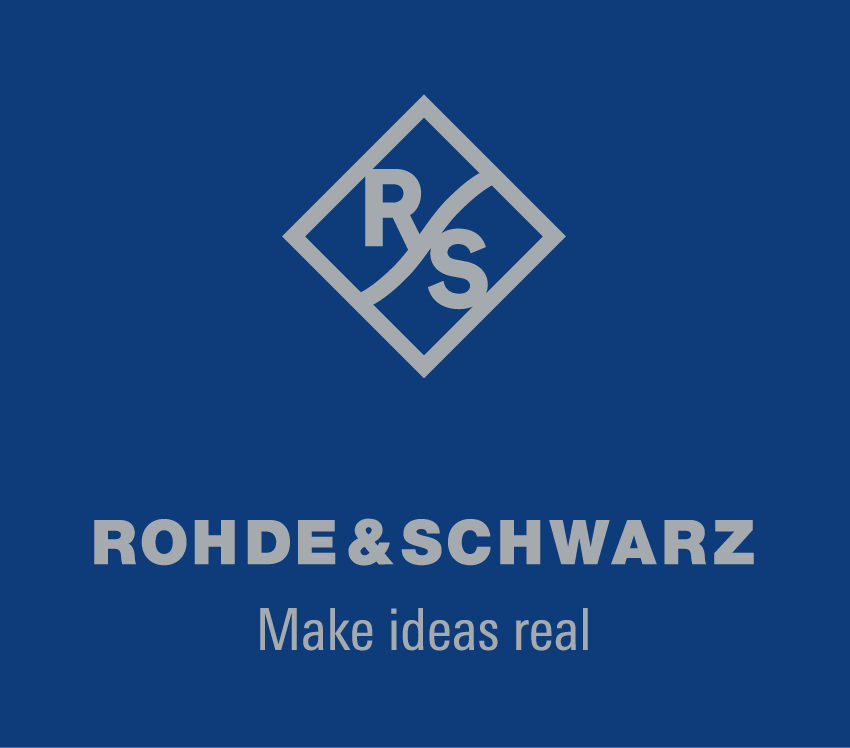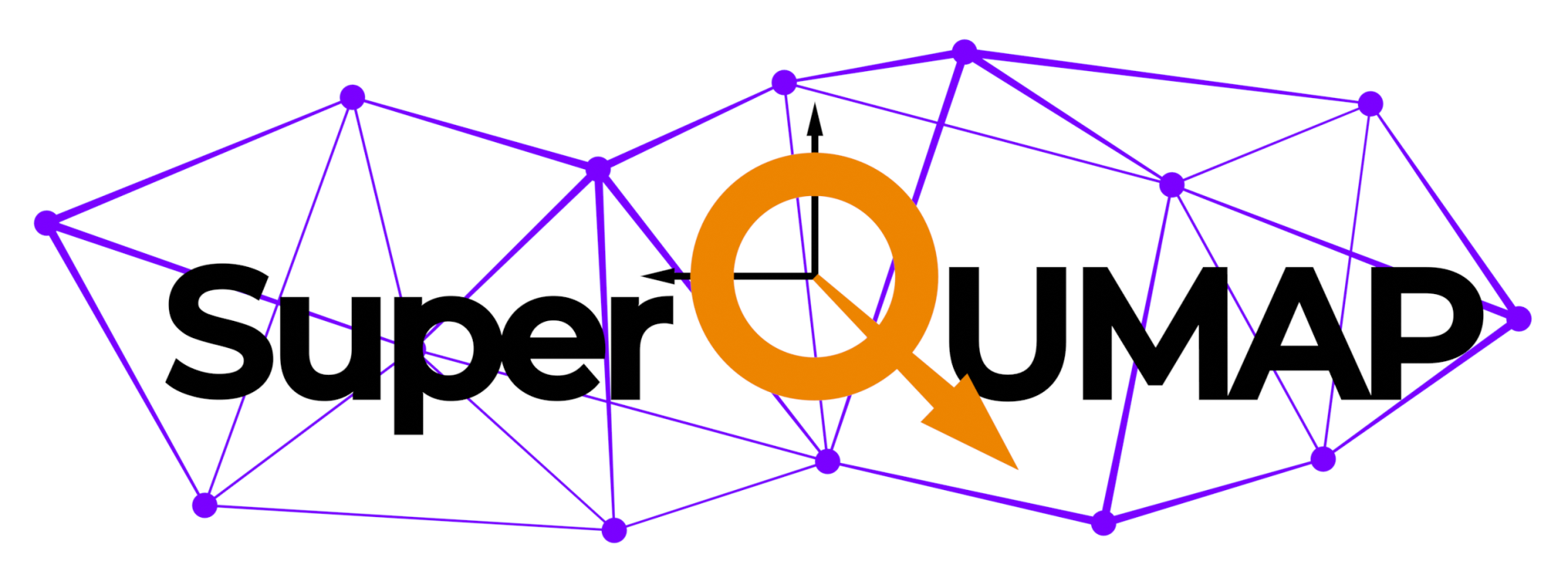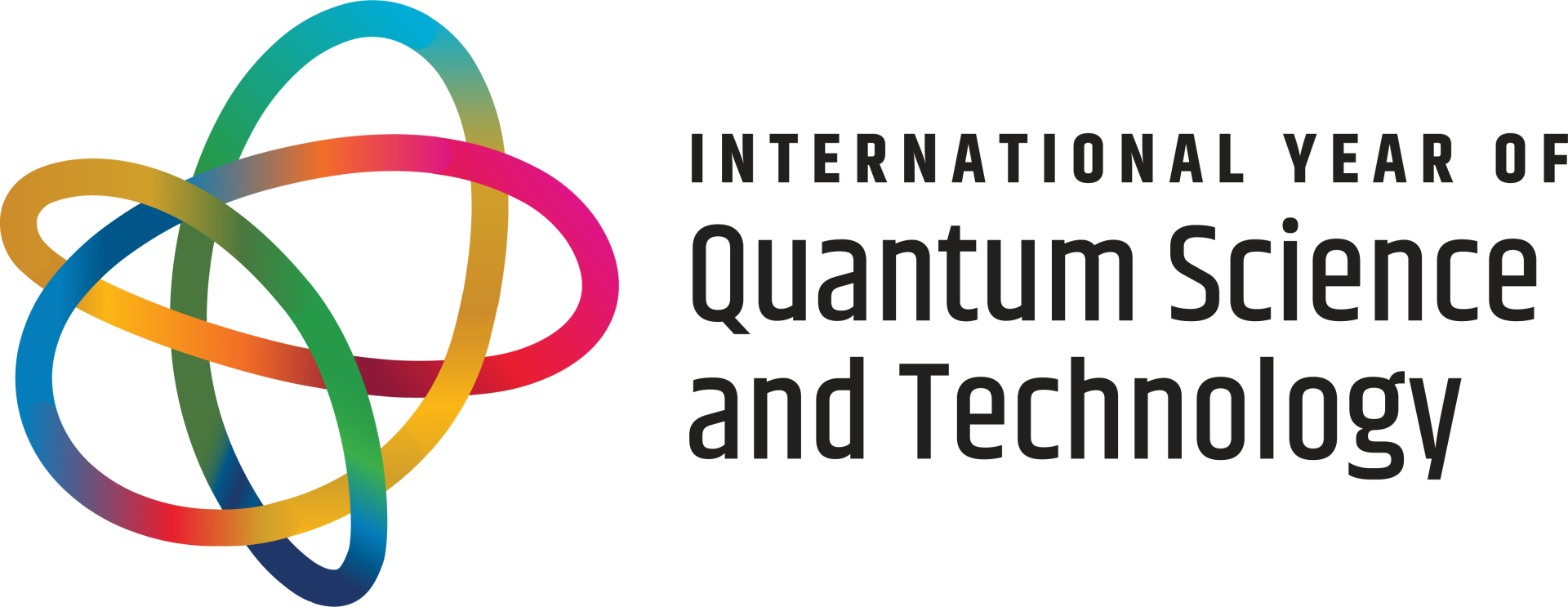Sunday, August 3, 2025
17:00-20:00
Registration and Welcome Drinks
Clarion Hotel, Living room
18:00-18:25
Introduction
Sorin Paraoanu (Aalto University, Finland)
Monday, August 4, 2025
8:00 – 8:45
Registration, Morning coffee
8:45 – 9:00
Welcome
Sorin Paraoanu, Pertti Hakonen (Aalto University, Finland)
SESSION I | Chair: Jose Lado
9:00 – 9:45
Keynote talk: Microwave photon counting applied to magnetic resonance
Patrice Bertet (CEA Saclay, France)
9:45 – 10:20
Zeptojoule calorimetry and beyond with applications in circuit quantum electrodynamics
Mikko Möttönen (Aalto University, Finland)
10:20 – 10:45
Transition edge sensors for rare event detection: current efforts at DESY
Christina Schwemmbauer (DESY, Germany)
10:45 – 11:15
Coffee break
SESSION II | Chair: Manohar Kumar
11:15 – 11:50
Low temperature detector experiments to test fundamental physics
Michael Tobar (UWA, Australia)
11:50 – 12:15
Quantum sensing of axion dark matter with a phase resolved haloscope
Chloé Fruy (LPENS, France)
12:15 – 12:40
Superconducting coolers for quantum detectors
Joel Hätinen (VTT, Finland)
12:40 – 14:00
Lunch (Clarion Buffet)
SESSION III | Chair: Jukka Pekola
14:00 – 14:45
Keynote talk: Quantum Sensing for Pre-Inflationary Axions
Kent Irwin (Stanford University, US)
14:45 – 15:20
Superfluid 3He as a sub-GeV dark matter detector
Samuli Autti (Lancaster University, UK)
15:20 – 15:45
A single superconducting vortex on a leash: thermodynamics and applications
Maciej Zgirski (Institute of Physics, PAS, Poland)
15:45 – 16:10
Sub-40 nm Magnon Generation and Detection Enabled by Moving Fluxons
Oleksandr Dobrovolskiy (Technische Universität Braunschweig, Germany)
16:10 – 18:00
Coffee break & Poster Session
Tuesday, August 5, 2025
8:30 – 9:00
Morning coffee
SESSION IV | Chair: Mika Sillanpää
9:00 – 9:45
Keynote talk: Exploring phonons as mobile qubits
Andrew Cleland (University of Chicago, US)
9:45 – 10:20
Physics and Applications of Andreev Spin Qubits
Valla Fatemi (Cornell University, US)
10:20 – 10:45
Ytterbium Ion-Based Interfaces for Optical and Microwave Remote Entanglement Distribution
Louis Nicolas (University of Geneva, Switzerland)
10:45 – 11:15
Coffee break
SESSION V | Chair: Mika Prunnila
11:15 – 11:50
Parametric amplification with an Al-InAs superconductor–semiconductor Josephson junction
Shyam Shankar (University of Texas, US)
11:50 – 12:15
Nonlinearity-enhanced dispersive-plus-dissipative coupling in tunable niobium photon-pressure circuits
Daniel Bothner (Universität Tübingen, Germany)
12:15 – 12:40
Interferometric readout of high-Q magnetically levitated superconductors at mK temperatures
Jannek J Hansen (Vienna Center for Quantum Science and Technology, Austria)
12:40 – 14:00
Lunch (Clarion Buffet)
SESSION VI | Chair: Maciej Zgirski
14:00 – 14:35
Bound states in waveguide Quantum Electrodymics
Arkady Fedorov (The University of Queensland, Australia)
14:35 – 15:10
Microwave impedance microscopy of quantum materials at mK temperatures
Monica Allen (University of California, US)
15:10 – 15:35
Escape rate problem in driven Josephson junctions
Tomáš Novotný (Charles University, Czech Republic)
15:35 – 16:00
Feasibility of the Josephson voltage and current standards on a single chip
Rais Shaikhaidarov (Royal Holloway University of London, UK)
16:00 – 16:10
Sponsor Talk
Juha Hassel (IQM)
16:10 – 18:00
Coffee break & Poster Session II
18:15
Bus leaves to the restaurant
19:00
Conference Dinner
(Seurasaaren Juhlatalo, Seurasaari 00250 Helsinki)
(Seurasaaren Juhlatalo, Seurasaari 00250 Helsinki)
Wednesday, August 6, 2025
8:30 – 9:00
Morning coffee
SESSION VII | Chair: Jorden Senior
9:00 – 9:45
Keynote talk: Superconducting Nanowire Detectors
Karl Berggren (MIT, US)
9:45 – 10:20
Exploring New Physics with Superconducting Quantum Technologies
Nicolò Crescini (CNRS, France)
10:20 – 10:45
Hamiltonian learning quantum magnets with scanning tunnel microscopy
Jose Lado (Aalto University, Finland)
10:45 – 10:50
Poster winners announced
10:50 – 11:20
Coffee break
SESSION VIII | Chair: Jere Mäkinen
11:20 – 11:55
Imaging vdW magnets and magnetic devices in the 2D limit
Martino Poggio (University of Basel, Switzerland)
11:55 – 12:20
Multi-channel second-order topological states in Bi₀.₉₇Sb₀.₀₃
Biplab Bhattacharyya (University of Twente, Netherlands)
12:20 – 12:45
When dissipation kills dissipation in a metastable dynamic vortex state
Cheryl Feuillet-Palma (ESPCI-Paris, France)
12:45 – 14:15
Lunch (Clarion Buffet)
LTQD 2025 is supported by:
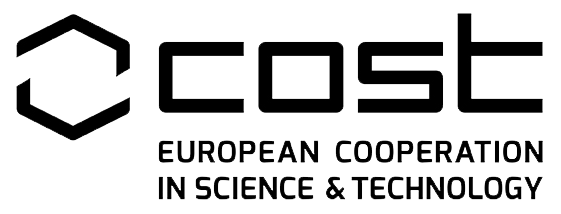
COST (European Cooperation in
Science and Technology) is a funding agency for research and innovation networks. Our Actions help connect research initiatives across Europe and enable scientists to grow their ideas by sharing them with their peers. This boosts their research, career and innovation.

